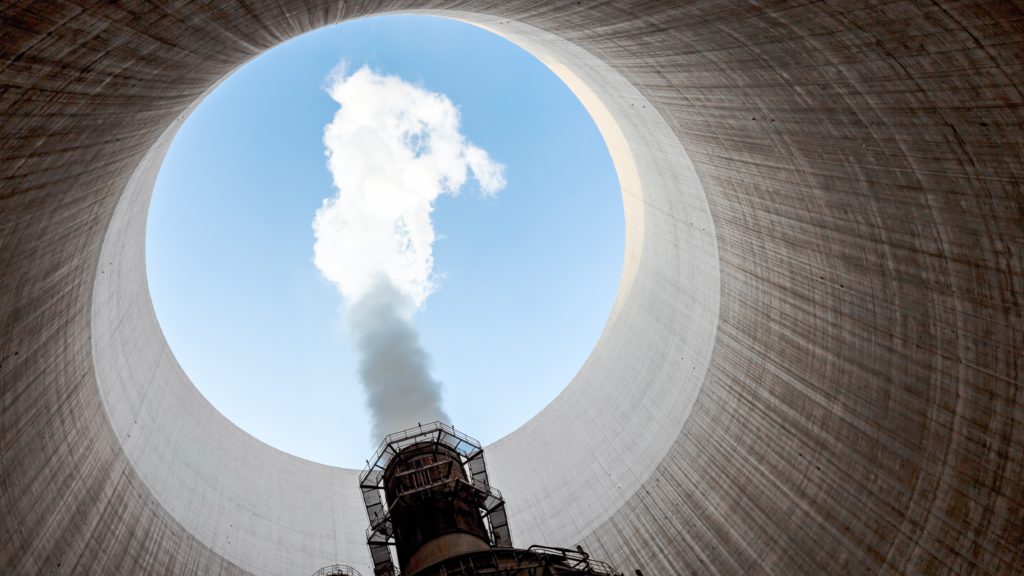Thermal coal price hit all-time high as Europe scrambles for fuel

Australian thermal coal price hit an all-time high following Russia’s invasion of Ukraine.
Benchmark Australian thermal coal from Newcastle port hit $244.29 a tonne on Thursday, up 1.6% from the prior day and well above the $226.39 from last week.
Russia supplies coal to Europe, with Refinitiv pegging February seaborne volumes at 3.27 million tonnes.
“This trade is likely to become poisonous for European utilities, meaning they will be scrambling to buy cargoes from the United States, Colombia and South Africa,” wrote Reuters columnist Clyde Russell.
“This is likely to tighten global seaborne coal markets, especially if Japan, which bought 1.18 million tonnes of Russian coal in January, seeks to buy from other suppliers.”
Related Article: China sets price guide for benchmark thermal coal to cool rally
As an energy supply crunch pressured politicians across Europe this winter, countries took steps to increase coal consumption.

Italy prime minister Mario Draghi said Friday that the country could reopen some shuttered coal plants to help bridge its looming energy supply gap and cut its dependence on Russia, which currently accounts for 45% of Italian gas supplies.
Other European countries are also preparing plans to offset dependence on Russian energy supplies. Germany is set to create reserves of coal for electricity power plant operators in a bid to strengthen energy security. About 50% of the country’s coal supplies come from Russia. Berlin is also considering an incentive plan to revive some troubled liquid natural gas terminal projects.
So far none of the retaliatory measures against Moscow have been targeted at exports of crude oil, coal or natural gas.
Yet, the risks of doing business with Russia will become too much for many companies to bear, even without sanctions.
On Thursday, a coal bulk vessel chartered by Cargill was struck by a shell in the Black Sea in Ukrainian waters, just hours after Russia’s attack.
“Very few trading, shipping and insurance companies will be prepared to take the risk of dealing with cargoes from Russia, fearing either physical attack, payment issues because of financial sanctions, the risk of non-delivery if further measures are enacted against Russia, and even public and investor backlash for continuing to do business with a country now largely viewed as conducting an illegal war,” wrote Clyde Russell.
(With files from Reuters and Bloomberg)
More News
Contract worker dies at Rio Tinto mine in Guinea
Last August, a contract worker died in an incident at the same mine.
February 15, 2026 | 09:20 am
{{ commodity.name }}
{{ post.title }}
{{ post.date }}




Comments
OC
The Europeans were utter morons to close thermal coal and nuclear power plants and instead keep their dependence on Russian gas.
They need to bring mothballed coal plants back on line now. They should also halt the de-commissioning of nuclear plants until Putin is back in his box. Accelerate the rollout of renewables and increase re-gasification capacity to enable the importation of more US and Qatari LNG cargoes.
They should suspend the carbon ETS until Ukraine is resolved and try to induce supply from mothballed thermal mines in Indonesia, South Africa, Australia, Colombia etc to bring the price back down.
Ultimately Russia has proven itself as a completely unreliable partner and an existential security threat.
Europe needs to disengage pronto.